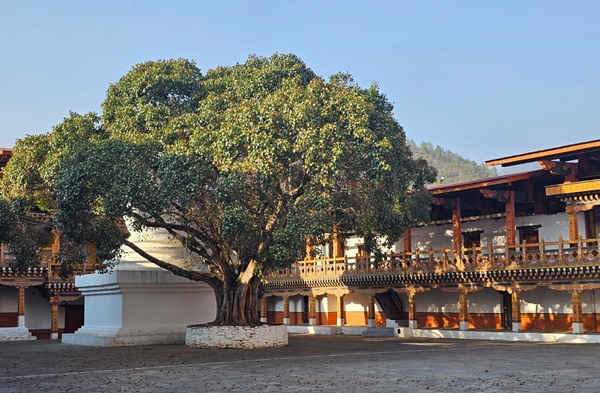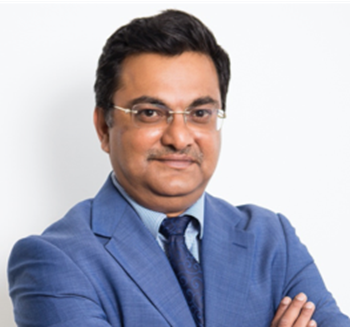.png)
Reclaiming Our Roots: Returning To The Wisdom Beneath Our Knowing
What if true knowledge doesn’t come from data, but from song, silence, and story? A reflection on wisdom that was never truly lost.


Steve Correa, Executive Coach and HR Consultant, brings 30+ years of CXO experience across industries and is the author of Indian Boss At Work.
March 28, 2025 at 3:01 AM IST
Something shifted in me as I listened to the “Ways of Knowing” panel hosted by the Academy of Management’s Management, Spirituality, and Religion. This was no ordinary webinar. It felt like a circle of elders—truth-keepers and seekers—gathered not to inform but to awaken. Their voices held more than ideas; they carried memory, metaphor, and song. Between Ella Henry’s whakapapa and Naida’s tea bag metaphor, a truth broke through the surface: the dominant idea that only scientific, empirical, and measurable knowledge is valid has deeply colonised our minds.
I had been trained to revere that paradigm. And yet, I found myself grieving the wisdom we have long kept at the margins—wisdom that lives in stories, in ritual, in silence.
Professor Ella Henry, a Māori elder, didn’t merely speak. She wove a holistic vision where scholarship and spirit, ancestry and academia, walked together like kin. Her words reminded us that research, for many Indigenous traditions, is not a pursuit of abstract truth. It is an act of community healing and empowerment.
Then came Ron Sheffield from the Quechan tribe, who spoke with warm humour and deep insight. He described how children are named only after elders observe their nature. “We must see who you are first,” he said. That quiet witnessing stands in stark contrast to the West’s rush to define and label. Ron gently questioned the arrogance of language, reminding us that knowledge is not seized but entrusted—by the elders, the grandmothers, the land.
Naida, luminous and fierce, offered a metaphor I will never forget. “Can you take the tea out of water after 500 years?” she asked. Colonisation has steeped our consciousness for centuries. We cannot remove the tea bag. But we can add hot water—through stories, songs, rituals, and remembrance.
That was her invitation: to “re-member,” to put back together what was torn apart—not as nostalgia, but as a spiritual reclamation.
Raghu Ananthanarayanan grounded the conversation in Indic traditions. He spoke of Vidya—knowledge that transforms the knower. In his tradition, to truly know something is to be changed by it. Knowledge is not about clever theories but inner movement. And that kind of knowing, he said, cannot be captured by data or analysis. It is cultivated in silence, sorrow, celebration—and the slow rituals of living.
The message was unmistakable. We are not just dealing with an epistemic preference, but with a wound. The dominance of objective, data-driven knowledge has amputated soul from intellect, heart from head. In denying other ways of knowing, we have denied parts of ourselves.
Our ancestors knew another way. They sang to rivers and prayed to mountains. They spoke to dreams and listened to the unborn. Their knowledge lived not only in books, but also in bones, bark, lullabies, and loomwork.
The steeping has happened. Colonisation cannot be undone. But we can keep pouring more hot water—more remembering, more community, more ceremony.
This is not about token inclusion or adding tribal case studies to the syllabus. This is about confronting a lie: that there is only one way to know, to be, to belong.
Indigenous knowledge is not a relic of the past. It is the thread that has never snapped. It is the hum beneath our skin when we pause long enough to listen.
So here I am, not as an expert but as someone who is slowly remembering. For years I held the Western lens as the only valid one, dismissing the wisdom of my desh, my kaal, and my people. Now, I feel the ache of having looked away from something sacred.
There are songs I never got to sing. Stories I never got to hear. And still, some knowing lives in my body, waiting.
We are not just seekers.
We are the hot water.
We are the remembering.
Let us pour ourselves into the steeped, stained waters of the world again and again until something sacred begins to clear.
Tagore implored, “Into that heaven of freedom, My Father, let my country awake.



